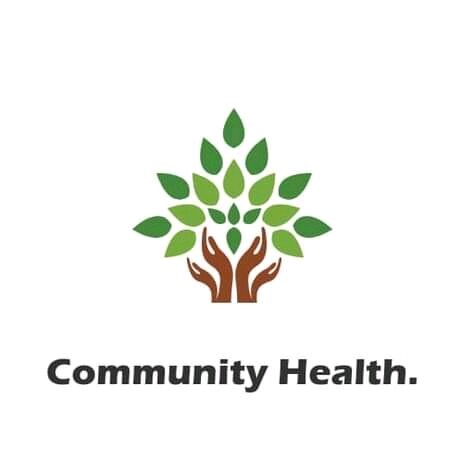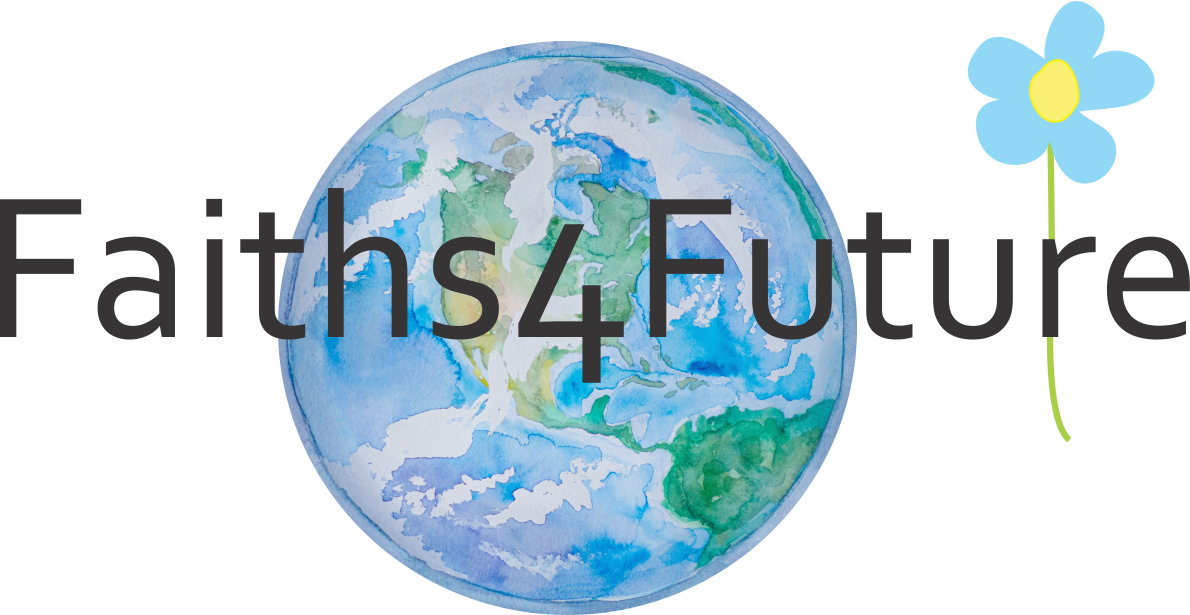
Faith + Food
Interfaith Statement
for the
UN Food Systems Summit
Our story of food is one of sacred joy. Interconnectivity. Dignity. Empathy. These values are enshrined in faith, non-faith, spiritual, and Indigenous traditions’ understanding of food. To eat food, especially healthy, nutritious food, is to experience our interdependence with nature, fully embracing the land we live on and those who have nurtured the food that is provided for us to eat.
Food is both a building block of life and a basic human right. Sharing food is an expression of our love, a way we care for each other, exchange culture and history, and remind ourselves that we are a part of the wider world.
Globalization of recent decades has decreased poverty, strengthened women’s rights, and increased food production for a growing global population. Over the same time, however, we have replaced the timeless wisdom of how to nourish the land with extractive industrial models that privilege profit and convenience at the cost of workers, the lands, and the waters. We have ceded this most basic aspect of the human experience to the sphere of private profit, resulting in food “products” that are detrimental to the health of consumers and ecosystems. The emergence of the Covid-19 pandemic which has erased many of the gains made from globalization- especially for women, children, and other vulnerable populations - is but one of the many outcomes of this exchange.
An unsustainable dependency on industrial agriculture pillages the very earth on which we live, emblematic of unregulated economic greed, and an unchecked desire for an endless more. We have become disconnected from our world and our bodies, entertaining illusions of progress while ignoring the suffering of billions. Progress is measured by market indices and GDP, rather than collective prosperity. The urgency of the climate crisis demands that we no longer let the pursuit of profits define what is best.
The once balanced relationship between humans, animals and plants has become corrupted into an exploitative, and abusive relationship. Nowhere is this more manifest than in the case of industrial animal agriculture. From the Confined Animal Feeding Operations (CAFOs) fueling the vast majority of animal product production in the Global North, to the industrialized cattle and dairy industry deforesting mass swathes of rainforest in the Global South, scenarios of irresponsible animal agriculture bring untold environmental destruction and inflicts inexcusable suffering onto animals. Our faith values remind us that eating is sacred; it connects the land and our bodies. We must align our actions to these values so that we consider the impact the production of our food makes, commit to consume responsibly, and incorporate more plant-based and locally cultivated foods into our diets.
In this Decade of Action, maintaining the status quo is no longer sufficient to meet the needs of humanity. The most recent IPCC report has made it more clear than ever that in order for future generations to flourish, we must reorient our relationship to the Earth and its ecological boundaries.
To this end, we, the undersigned, call people of faith, spirituality, and goodwill to make a commitment to uphold the following principles as we work towards building forward a more equitable food system for all life:
Interdependence. Human health is linked to the health of the Earth. We affirm the adoption of the One Health model to create nutritious and climate-resilient food systems.
Truth. Science and faith are not at odds. They inform, enrich, complement, and challenge each other in the pursuit of truth.
Reverence. Our traditions teach us that the Earth and the food it provides is sacred and serves to nourish our minds and bodies. We must reconnect our rituals with an ethical and ecologically sound food system with minimal food waste.
Respect. We must respect and protect the wisdom of Indigenous traditions on sustainable ecosystems, healthy food systems, and safeguarding biodiversity.
Compassion. Ensure that marginalized communities and workers at risk of being left behind are centered and uplifted as part of a just recovery and sustainability initiatives
Solidarity. We only have one common planetary home, and all life is dependent upon it. We should set aside our differences to work together as one human family for the common good
Empowerment. Resilience lies within us, our communities, ecosystems, and our faith traditions.
We call upon Heads of State and Governments at the Food Systems Summit to implement bold and decisive actions to align their countries’ production and consumption to sustainable, regenerative outcomes, centered in equity and care for the most vulnerable by:
Committing to the equitable transformation of food systems that centers indigenous and smallholder farmers at the heart of our development
Investing in innovative, evidence-based solutions from Indigenous and faith communities and the organizations that support them, targeted at building the food systems’ resilience without acquiescing to corporate capture of critical infrastructure.
Providing policy, innovation, educational, and business opportunities for underrepresented food system actors, uplifting traditional agriculture in research methodology.
Building critical alliances among farmers, businesses, NGOs, governments, Indigenous communities, and faith groups.
Restoring degraded land and protecting ecosystems while connecting farmers to fair and equitable markets to produce better health, social, economic, and ecological outcomes.
Incentivizing and subsidizing healthy, climate resilient, nutritious, local plant based foods growing practices to allow competitiveness with global markets at the local level.
Re-aligning tax systems to drive immediate changes, such as taxing foods that lead to undesirable health outcomes, as well as taxing excessive plastic packaging, particularly the single use plastics that are embedded into industrial food delivery systems
Regulating the marketing of food and beverages to children, preventing non-nutritious, chemically dominated foods from being sold as healthy substitutes to real food.
Protecting, supporting and promoting breastfeeding, which is the first food system that provides the ideal first food to the most vulnerable human beings.
Promoting and encouraging the local generation of knowledge to address food security, empowering farmers and youth, as the agents of change to play an active role in creating solutions that address the context and reality of local needs.
Guaranteeing food security through sustainability, nutrition, and equity rather than chasing untested biotechnologies and GMOs to augment food systems, innovating with a moral compass.
We are committed to the United Nations’ vision of transformed, sustainable food systems and the UN’s aspirations to create a more equitable, livable future for all. You may look to us as continued partners of good faith as we all endeavor to build a brighter tomorrow.
Add your signature here
Organizational Signatories
Individual Signatories
Dr. Mary McGann, Jesuit School of Theology
Louk Andrianos, WCC-COE
Dr. Amy Erickson, Iliff School of Theology
J. Venneman, Sisters of Charity of Nazareth
Vanessa Alessi-Radman
Bibi Gonzalez, Eat Better Wa’ik
Lina Mahy
Malika Virah-Sawmy
Sally Rings
Yermina Iliyasu Yusuf
Jonathan Oliver, Union Theological Seminary
Kusumita Pedersen, Parliament of the World’s Religions
Richard Mallory, Grace St. Paul's Episcopal Church
Shelly Ryan, Climate Reality Project
Manoj Kurian, Food For Life Campaign
Codi Norred
Colin Christopher
Eugenia Cooper - Newton, Center for Earth Ethics
Jeff Twine
Lorraine Aguilar
Lyla June Johnston
Mac Legerton
Rusty Eidmann-Hicks
Dr. Tim Van Meter, MTSO






























![global one transparent logo[22] - Husna Ahmad.png](https://images.squarespace-cdn.com/content/v1/6050e097b3290031b60e37fb/1631653918939-LIJCCZ8X2A8UDYO0AG7H/global+one+transparent+logo%5B22%5D+-+Husna+Ahmad.png)











